Njamito Goes Fairtrade for Cocoa and Vanilla
March 31, 2025Njamito is now Fairtrade certified for cocoa and vanilla! Here’s what that means for farmers, the planet, and the values behind our meal-in-a-bottle.
Read articleLoginEKO's moves into gluten-free farming tapping into rising consumer trends for a healthier market niche.
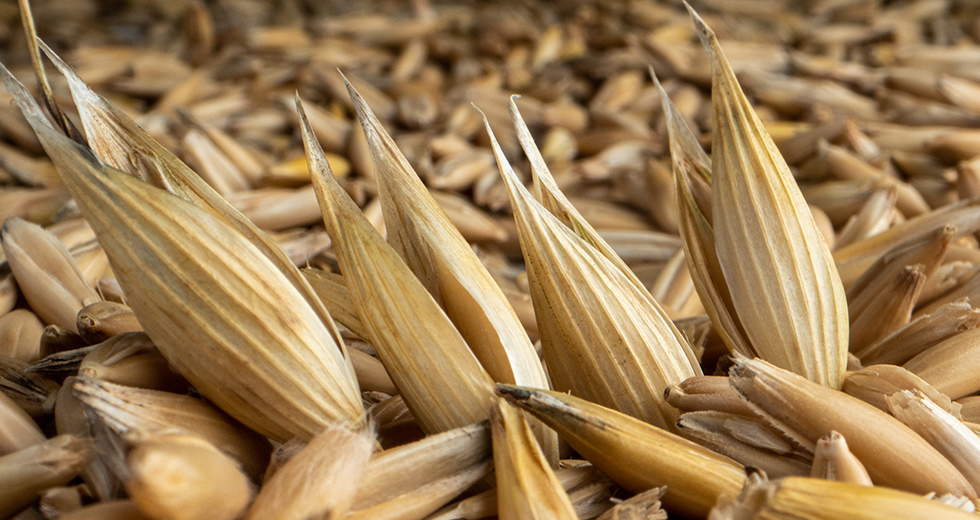
Let us tell you a story. A story that can serve as an inspiration to all those large and small scale farmers who wish to transition to more sustainable farming practices, while also foreseeing consumer trends to gain edge in the future.
The story begins somewhere between Zrenjanin and Ljubljana. It’s a story of foresight, determination, and a commitment to meeting the needs of an ever-evolving market as we embark on a journey to transform part of our land into a haven for gluten-free crops.
LoginEKO fields lie in Serbia, a country known for its rich agricultural heritage and vast fields of wheat, barley, and rye. While the country’s fertile soil and favorable climate made it a prime location for growing staple crops, we recognized a unique opportunity: the global market is changing, and so are the demands of consumers.
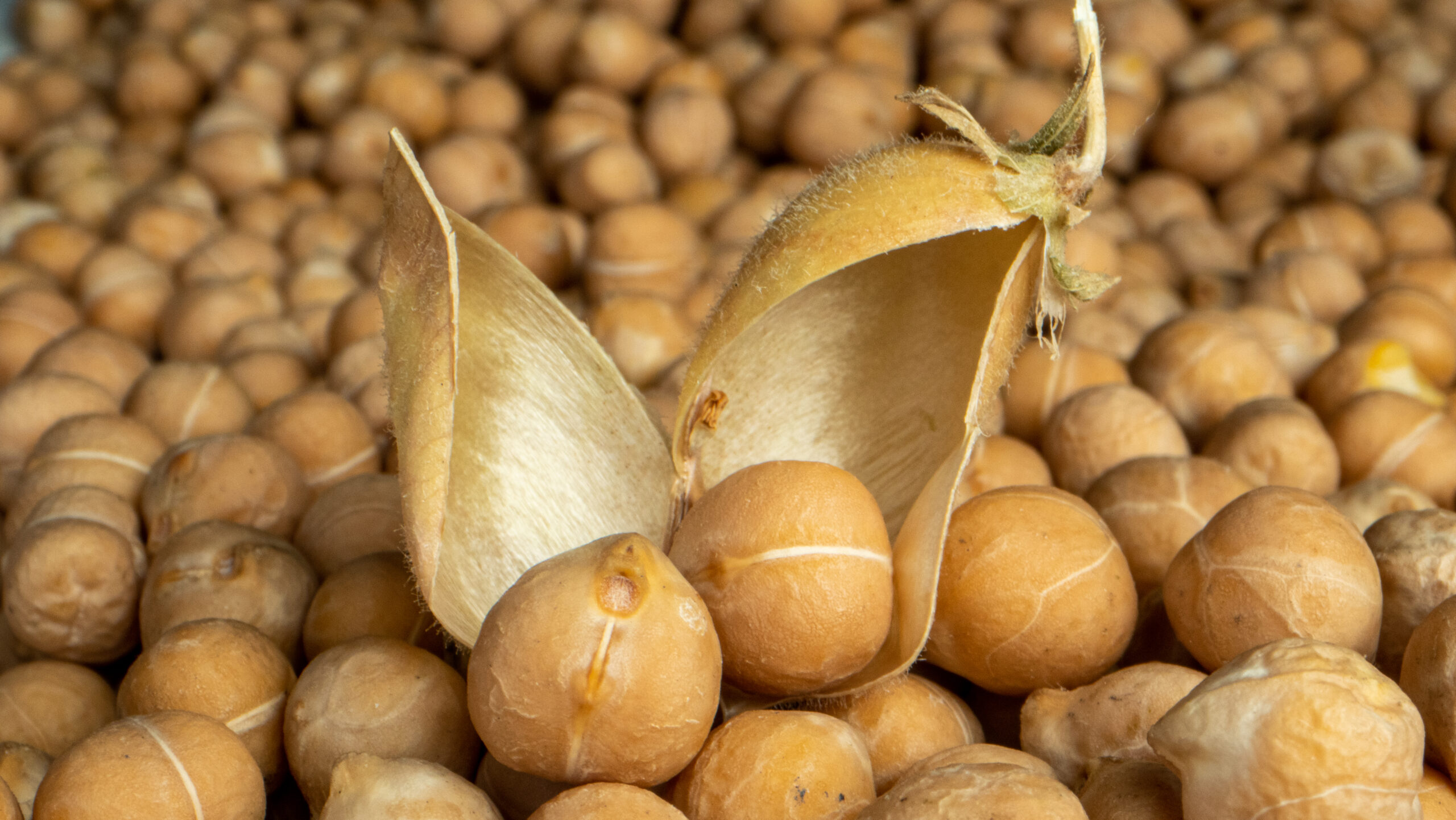
Gluten, a protein that gives dough its elasticity and helps bread rise, is becoming a dietary villain for an increasing number of people. For the estimated 1,4% of the population with celiac disease, and the average 10% of people with gluten intolerance, gluten isn’t just inconvenient; it is harmful. And beyond these groups, a growing number of people are choosing to go gluten-free as part of a healthier lifestyle.
So, we decided to pivot. We know the opportunity when we see one and we embraced this rising tide of change. Venturing into gluten free crops isn’t just about filling a niche; it is about transforming a challenge into an opportunity and becoming pioneers in an emerging market.
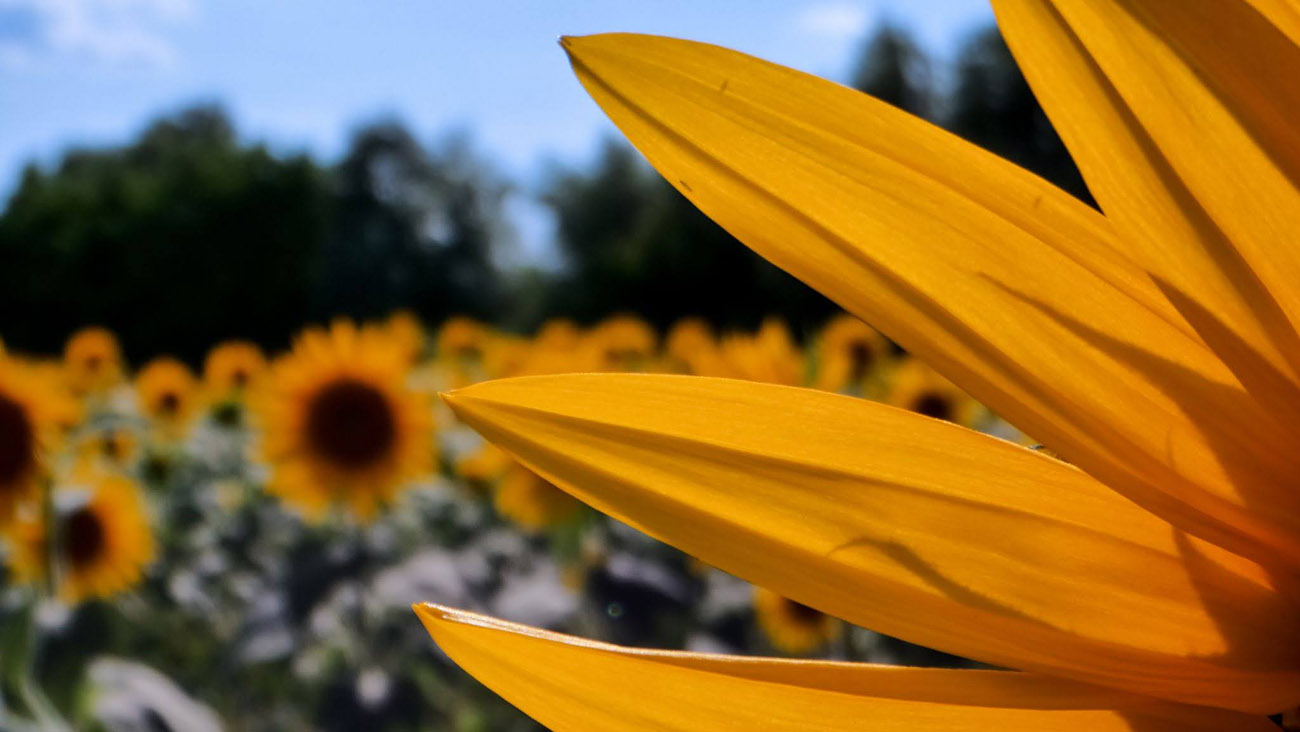
Like all of our decisions at LoginEKO, this one was also taken based on data and research. The statistics we found were compelling: the global gluten-free market, valued at 7 billion euros, was projected to more than double by 2030. This isn’t just a trend; it is a movement, and we wanted to lead the way in our region.
The decision was made: a part of our 3,700 hectares of organically certified land would be dedicated to gluten-free crops. This was a bold move, especially in a region where gluten crops had long been the norm.
While the journey we’ve embarked on is certainly not easy, it’s definitely an exciting one. It requires careful planning, a rethinking of practices, and a determined commitment to quality. The first step was to choose the right crops. Oats, naturally gluten-free, became the star of this new chapter. However, ensuring that oats remain free from contamination is no small feat. It requires meticulous control over every step of the farming process, from selecting the soil to using separate equipment and storage facilities. In addition to oats, we also dedicated a part of the land to growing gluten-free chickpea and flax.
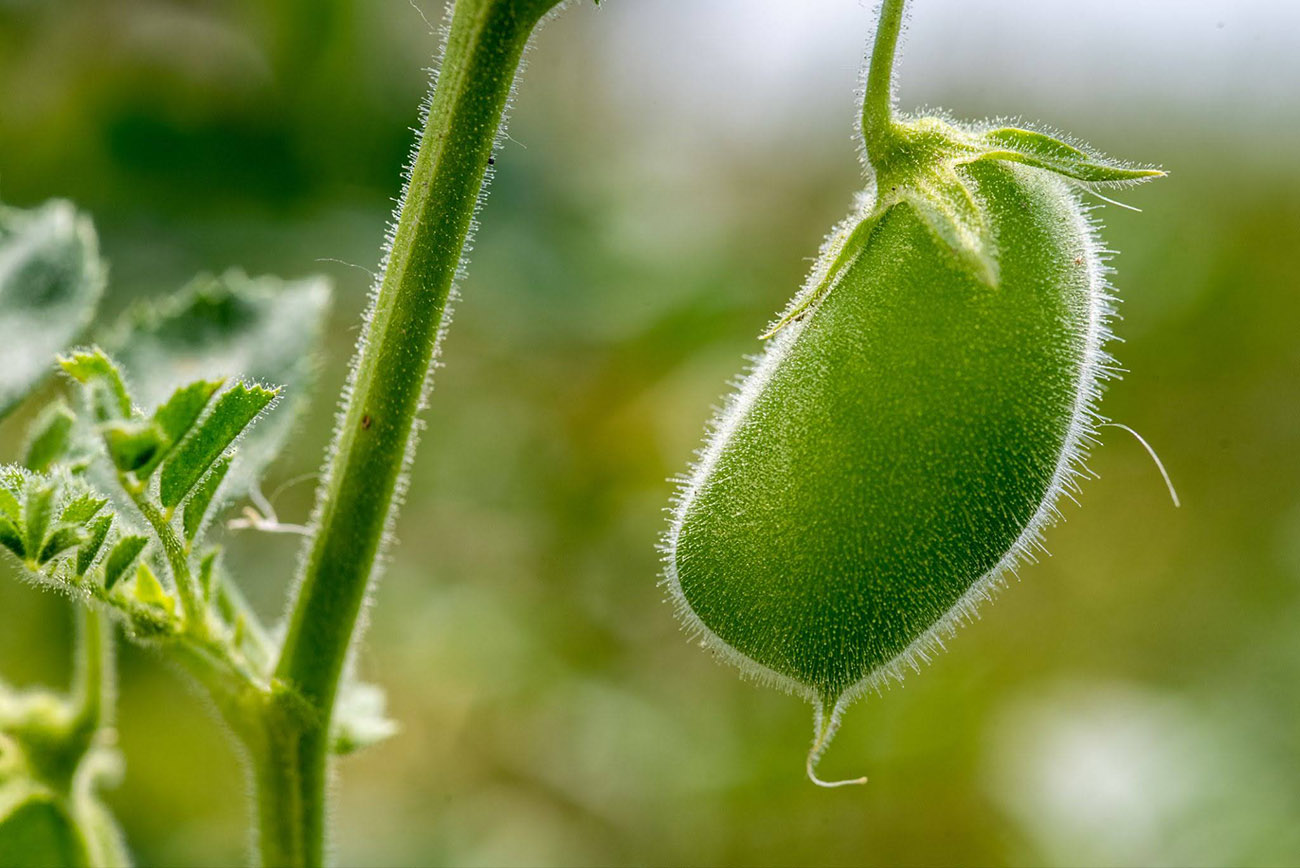
We knew we had to start small and get it right and so for the first season, we sowed seeds for gluten free production on 4% of land, carefully choosing fields that hadn’t grown gluten-containing crops for the past 2 years. This wasn’t just farming; it was a meticulous exercise in precision and care. The equipment had to be cleaned, the storage areas free from any trace of gluten, and every step of the process had to be monitored for potential contamination. Even weeds had to be carefully managed to ensure they didn’t introduce gluten. Contamination risks lurked at every corner. Every step, from planting to harvesting to processing, required vigilance and care.
But as we like a good challenge, our teams remained determined to make this work, implemented testing and sampling procedures, and relied on our farming software for traceability, and quality.
The latest tech and digital tools used in our everyday work make it possible to know exactly why a contamination risk occurs or when and why a contamination happens. In turn, we can easily prevent the same mistake from happening in subsequent seasons.
As the seasons changed and the first gluten-free oats began to grow, there was a palpable sense of excitement and anticipation. The hard work and careful planning paid off.
* This year, we harvested 290 tonnes of organic gluten-free oats, 115 tonnes of organic gluten-free chickpeas, and 19 tonnes of organic gluten free flax. We utilized external laboratories to double-check that the crops are in fact gluten-free and safe for consumption, and the results were outstanding: all our samples tested below the threshold value of 5 ppm (5 mg of gluten per 1 kg of crop).
* Published on 28 June, updated on 19 February
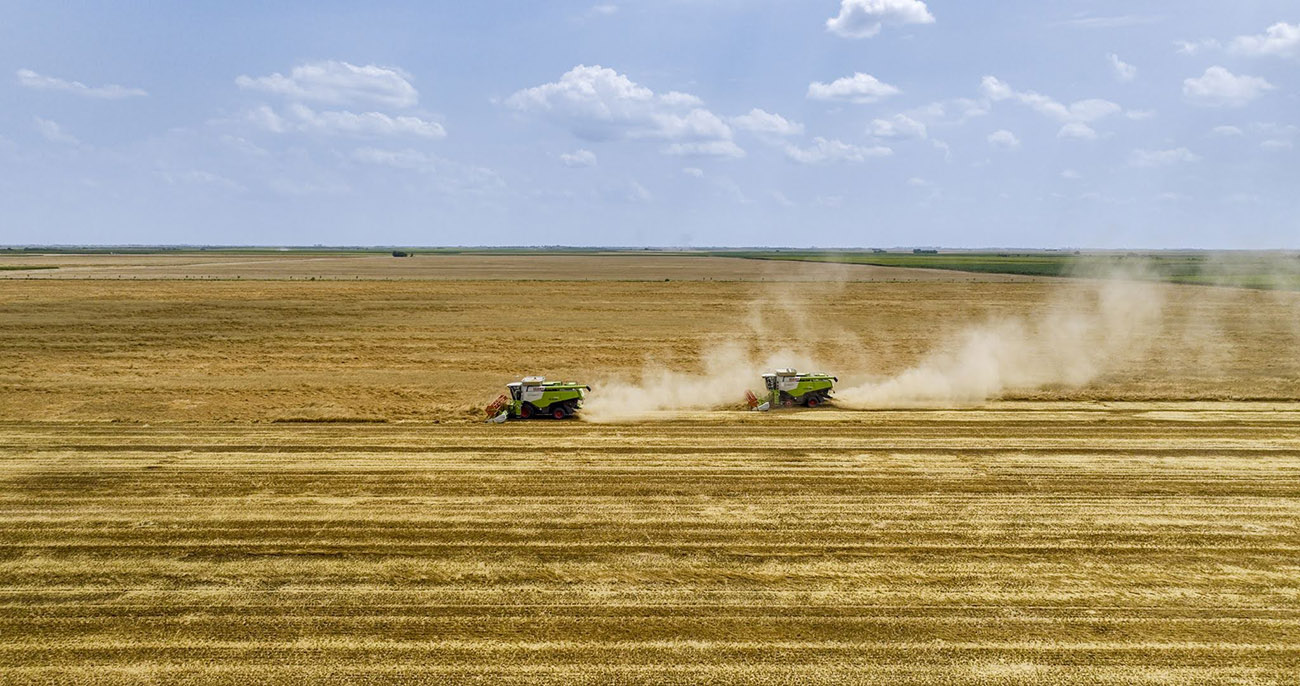
Encouraged by this success as we build the case for a healthier future, we now set sights on expanding gluten-free production at LoginEKO fields. The next crops on the horizon that we wish to put more focus on are chickpeas and flax, both known for their nutritional benefits and growing popularity among health-conscious consumers.
And just like that, the first season of gluten-free production at the LoginEKO farm has come to a close. We learned so much and we’re excited to expand this new frontier even further – by increasing the area dedicated to gluten-free crops, and achieving a 100% gluten-free production in the next two years.
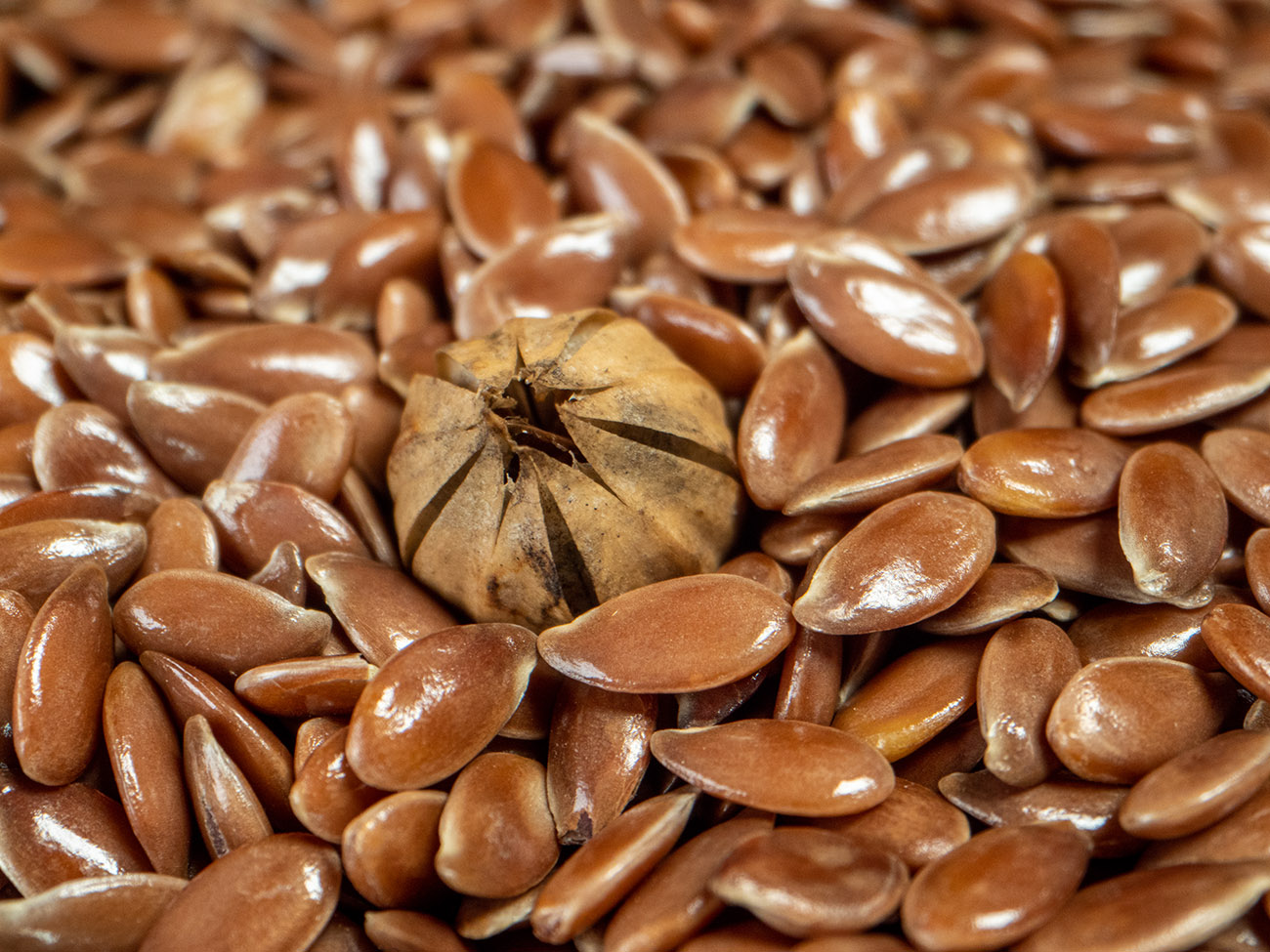
As for our heroes – gluten-free crops – what we can say is that we see a bright future for them at the LoginEKO farm.
Oh and did we mention that we are sharing all our knowledge and tools for free so that other farmers can easily replicate the model?
Njamito is now Fairtrade certified for cocoa and vanilla! Here’s what that means for farmers, the planet, and the values behind our meal-in-a-bottle.
Read articleIdealism met reality as we launched our meal-in-a-bottle, Njamito. After 100.000 bottles sold, here’s what we learned about organic food and market adaptation.
Read articleWith organic seeds in short supply, we launched our own organic seed production journey to secure sustainable farming practices.
Read article